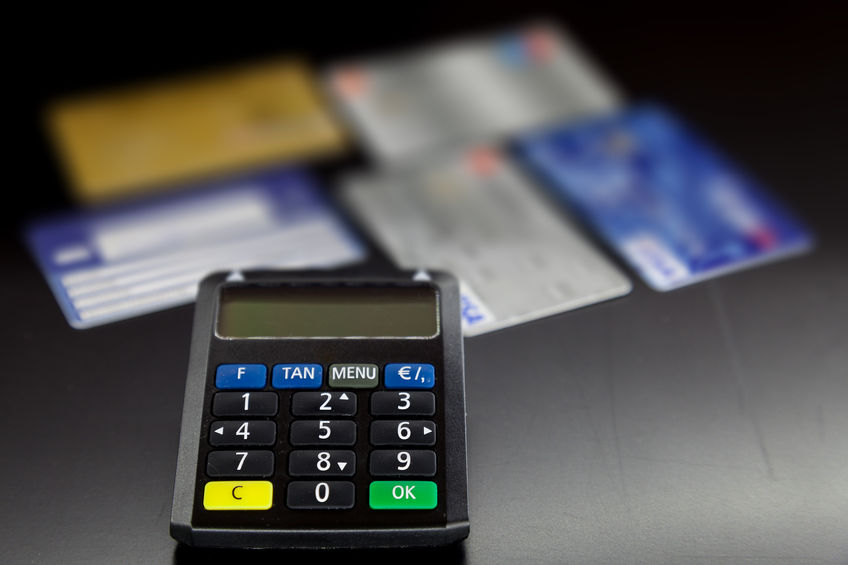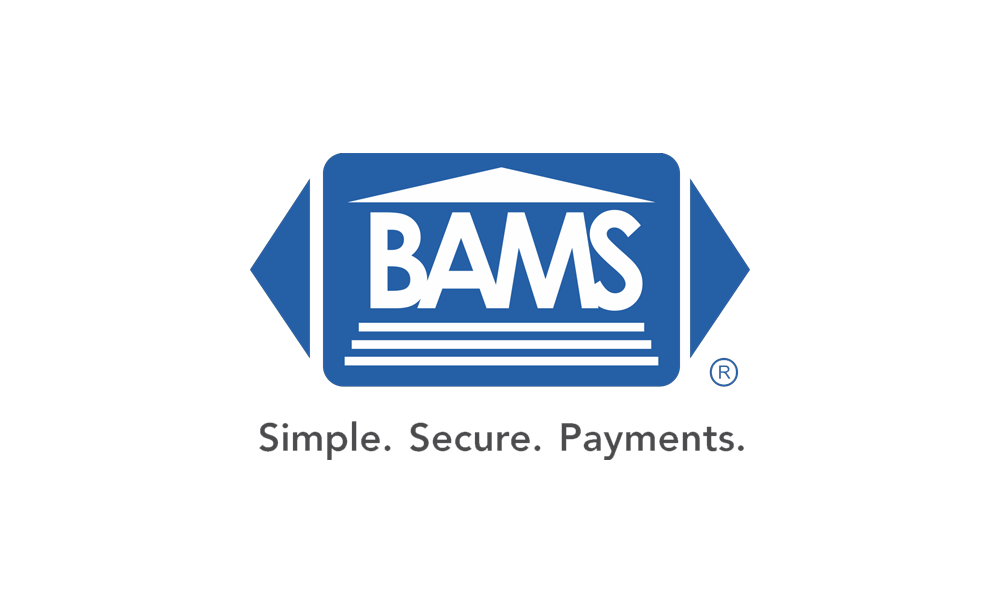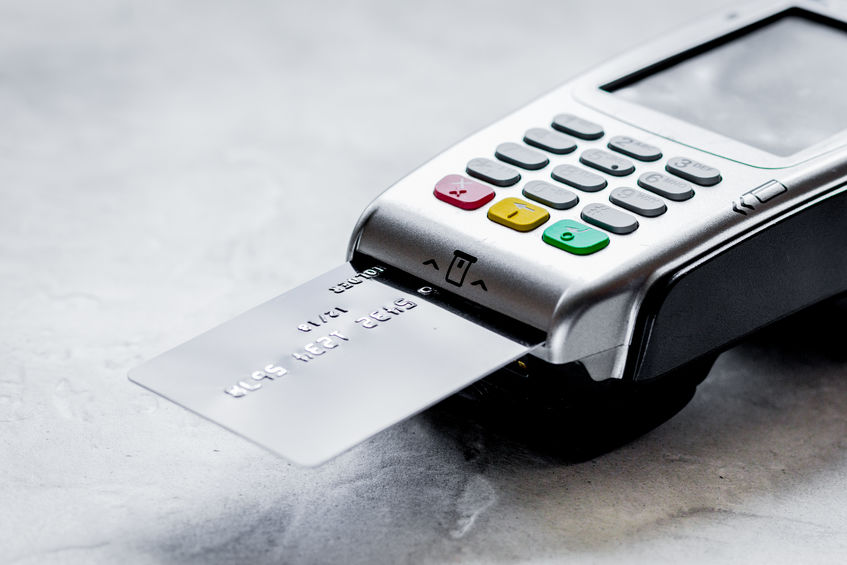Payment Processors and Payment Gateways – What’s the Difference and Which Do You Need?
In the wake of the global COVID-19 pandemic, the need for a strong online presence has never been clearer to merchants who have traditionally operated on a brick-and-mortar-only basis. But with the flood of new entrants to eCommerce comes a flood of questions as business owners struggle to navigate online sales. One question that comes up consistently is what the difference is between a payment processor and a payment gateway. In this article, we’ll explain the difference between the two, how each one works, and, most importantly, how they work together to ensure successful, secure online transactions.
Payment Processors – The Money Movers
Payment processors are organizations that facilitate the movement of money from the buyer to the seller whenever a credit card transaction is made. Because card transactions are electronic, that’s done by securely passing the necessary data between the players involved in the transaction – most importantly, the customer’s card issuing bank and the seller’s merchant bank.
There are different types of payment processors that each serve a specific purpose. Back-end payment processors are the ones that make the actual exchange of funds happen – known in the industry as settling transactions. Frontend processors act as an additional layer on top of back-end processors, facilitating and securing data transfer, and in many cases, providing and managing merchant accounts and services to sellers. Finally, there are third-party payment processors, like PayPal and Square, who enable users to process electronic transactions without the need for their own merchant services – at a price.
Payment processors charge merchants a small fee on each transaction processed to cover the costs and risks involved in settling transactions. Those fees can vary greatly depending on the pricing model each processor offers. However, third-party processing almost always carries significantly higher fees than traditional merchant accounts utilizing the front and back-end payment processors.
Payment Gateways – The Online Payment Terminal
When you accept a credit card payment in-store, the payment terminal acts as the transmitter that sends off the necessary information from a buyer’s card and then returns an approval (or not.) But online merchants can’t use physical payment terminals, and that’s where payment gateways come into play.
Payment gateways are just that – gateways between a merchant’s website and their payment processor. The gateway installs on the merchant’s site and, upon checkout, encrypts the buyer’s credit card information and transmits it to the seller’s payment processor through a secure connection. Gateways also perform other functions like initial verification and fraud detection.
The selection of a good gateway is absolutely crucial because it serves as the primary defense against bad actors looking to access or misuse buyer credit card data. That private data is extremely valuable, and even a single security breach exposing client card information could carry penalties and fines high enough to put many online merchants out of business.
Which Does Your Business Need?
The simple answer is that your business needs both! Payment processors and gateways work hand in hand. Without a processor, there is nowhere for your gateway to pass the transaction information. Without a gateway, there is no way for your processor to receive the card information necessary to settle a transaction.
Because each piece of the puzzle needs to function correctly to facilitate a successful online transaction, selecting a payment processor that integrates with as many gateways as possible is a key to succeeding in online business. BAMS, a leader in payment processing and merchant services, integrates with most of the leading payment gateways on the market. More importantly, BAMS’ development managers can help merchants new to online selling select the best possible payment gateway based on their unique business needs.
For more information on BAMS merchant services and how BAMS can help your online store reach its full potential, get in touch with a member of our team.




